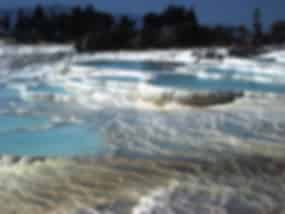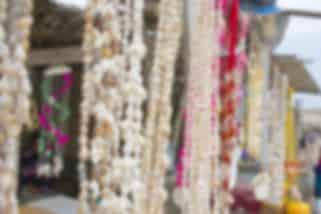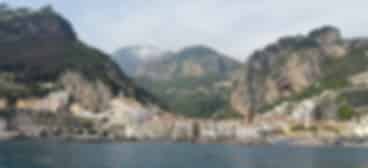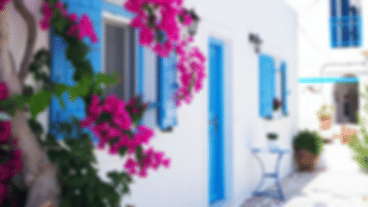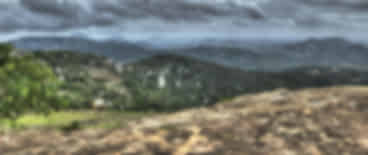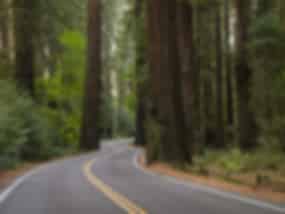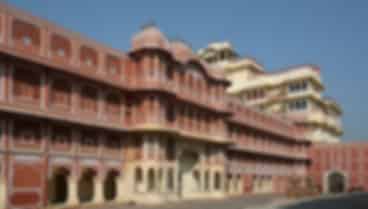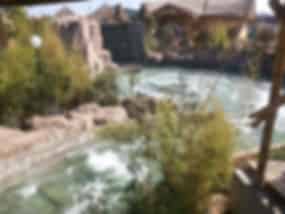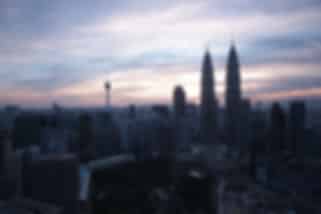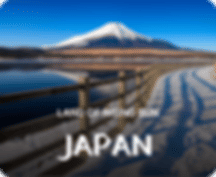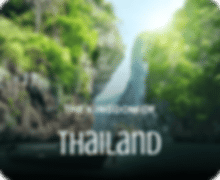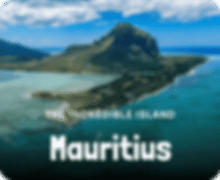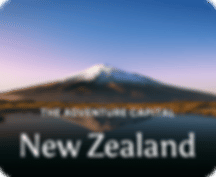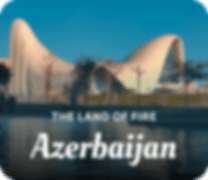Great Niah National Park: Birthplace of civilisation in South East Asia
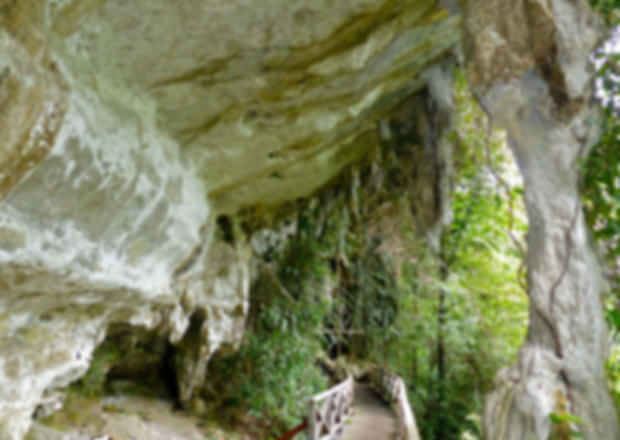
The Niah National Park is a significant centre of human settlement dating back as far as 40,000 years ago. National Historic Monument when gazetted in 1974, and is an extravagant archaeological site with stunning limestone caves. Most people will find themselves asking for the location of Gua Niah due to its nature as Sarawak’s best-kept secret. Located in the Miri division of Sarawak, it is a tropical heaven that contains some of the most important artefacts finding in Malaysia. Often compared to Mulu Caves in terms of popularity and size, Gua Niah has its own charm and appeal which makes it one of the best attraction in Sarawak. Before we can start exploring these amazing caves, find out some of the interesting facts and information that you might not know about Gua Niah.
Niah National Park’s Claim to Fame

Great Niah National Park in Malaysia
In 2010, Niah Caves were even nominated for the UNESCO World Heritage status. Even as one of Sarawak’s smaller national parks, Niah is perhaps more significant as it was the cradle of civilisation that was occupied from prehistory to Neolithic. Home to the discovery of the oldest human remains in Southeast Asia, Niah emerged as one of the world’s most crucial archaeological sites in Asia. Over the past few decades, Gua Niah is gaining the reputation to be the tourist magnet that draws visitors from all over the world to witness the cave paintings and bird nests formations. Aside from that, Niah encompasses a kaleidoscope of cave paintings. The rainforest has an impressive array of flora and fauna with intertwining walking trails. The large cave inhabited by bats and swiftlets contributes to the thriving bird’s nest and bat guanos industry.
History of Gua Niah and its National Park
The first discovery of Niah Caves was by Alfred Russel Wallace during his Borneo expedition in 1855. He noted it as a potential site for the discovery of important hominin fossils to Charles Darwin. Followed by an excavation of the site by British archaeologists was unsuccessful. Finally, Barbara and Tom Harrisson made a successful excavation with significant discoveries. One such discovery ‘the deep skull’ derived from this excavation. From then, came the launch of a British-Malaysian expedition called the Niah Caves Project to verify the work of Harrison. Local universities and foreign scientists have published articles related to this in the Sarawak Museum Journal.
Getting to Niah National Park

Getting to Niah National Park
One of the more commonly asked questions is ways of getting to Gua Niah. The two easiest ways to get to Niah National Park is from Bintulu (131km) or Miri (109km). You can choose to either travel from Miri to Gua Niah or from Bintulu to Gua Niah. Just head to Miri Bus Station and catch a bus (approximately RM15 per pax) to Batu Niah (2 hours).
From there, you can take a taxi or a self-drive car towards Niah National Park. If you take a direct route to Niah National Park, you can also choose to take a taxi from Miri City. This takes around 1 hour 30minutes travel time.
For a more memorable travelling experience, organize a road trip to Gua Niah where you can enjoy and stop by along the scenic route that you will be discovering. Upon arrival at the national park, you’ll have to register at the park HQ. Entrance fees starts from RM 10 per adult to this archaeological site. The fees are collected at the beginning of your archaeological journey to the cave.
Best Time For an Adventure

Sarawak River in Borneo jungles
Hidden within the Borneo jungles, Niah National Park lies only 17km away from the South China Sea. Fortunately, Niah does not experience monsoon and typhoon seasons. Occasionally, the rainforest still receives periods with massive rains. If you are looking to hike around the national park, avoid the period between July and September as that is when it is the driest and can make tougher compared to the cooler months. Other than that, the best time to visit Gua Niah are pretty flexible between October to June.
The Majestic Great Cave

The Majestic Great Cave in Malaysia
One of the main attractions of the park is to explore the Niah Cave, also known as The Great Cave. Niah Cave also known as The Great Cave covers 11 hectares of landscape, comparable to 13 football fields! Known for its swarm of bats and swiftlets, this extraordinary cave is one of the most impressive cave entrances in the world at 60m high and 250m wide. The journey to the mouth of the Great Cave is along a 3.1km raised boardwalk through a swampy rainforest. Admire the exotic flora and fauna along the way, such as the giant Tapang trees with large buttressed roots, humongous pandanus plants, stunning orchids, colourful birds, unusual insects and many others. Be careful as the stairs and handrails may be slippery and covered with guano. This trek takes approximately 4 hours both ways.
Ramparts at Traders Cave
The first significant rock formation you will come upon is an extended rock overhang known as Trader’s Cave. At this spot, you’ll see birds come to nest and guano traders carrying out their business. The Great Cave lies in a large limestone block in Gunung Subis. Within the cave, follow the trail which intersects around a large central pillar and ends at the same point. Get your camera ready as the breathtaking view at the end of the cave is stunningly picturesque. Its unique overhangs, stalactites and drooping creepers enhance the views. Leading back to 16 to 20 million years ago, during the Early Miocene ages, the limestones are a fraction of the Subis Formation.
Reasons outnumbered for you to kick-start your bookings to this vibrant place. We at Pickyourtrail make sure that the best travel experience is put into planning your vacation with lots of excitement. Start planning your vacation by customising your itinerary online by choosing the top highlights of Malaysia. It’s never too early to plan your trip to Malaysia and booking advance. Happy travelling with your loved ones!
Explore Malaysia with Our Best-Selling Tour Packages
Malaysia Family Holiday Packages | Malaysia Budget Vacation Packages | Malaysia Luxury Trip Packages
Discover More Articles Related to Malaysia
Best Theme Parks of Malaysia | Kuala Lumpur Bird Park | Kuala Lumpur Butterfly Park | Crocodile Park Langkawi | Wildlife Park in Langkawi | Turtle Island National Park in Malaysia | Crocker Range National Park | Similajau National Park | Penang National Park | Genting Highland Theme Park | Sunway Lagoon Theme Park
Recommended articles for you
Discover Packages


Need help in planning?
Talk to our Travel Experts


